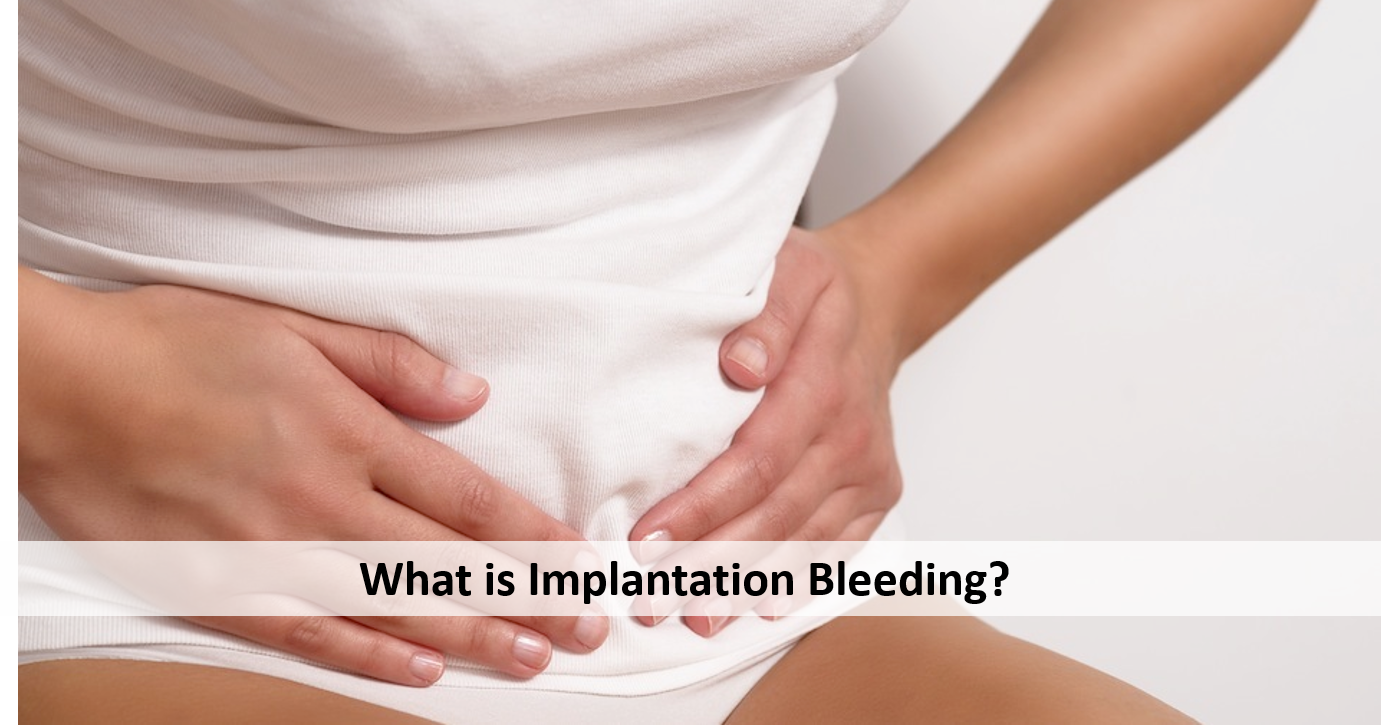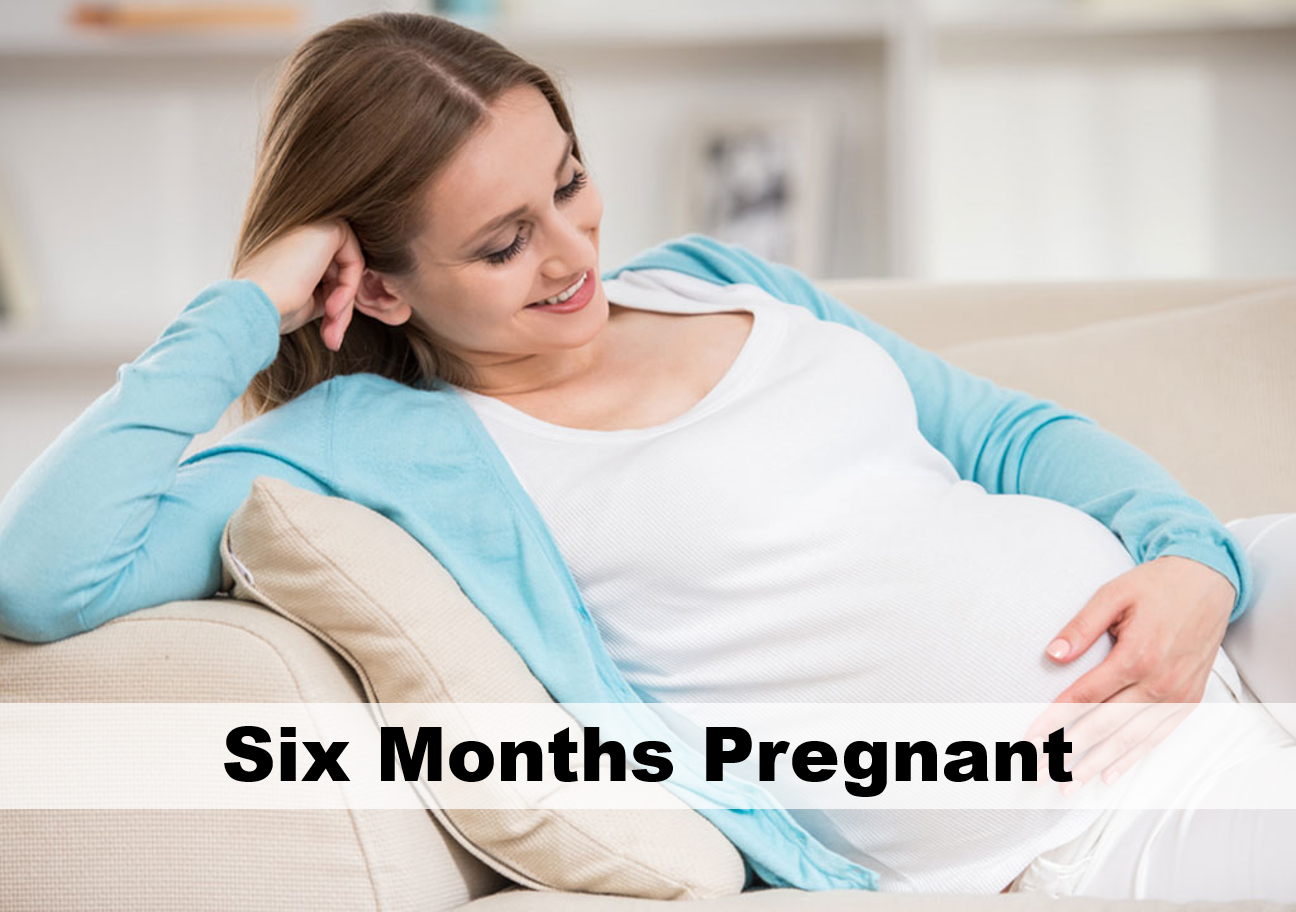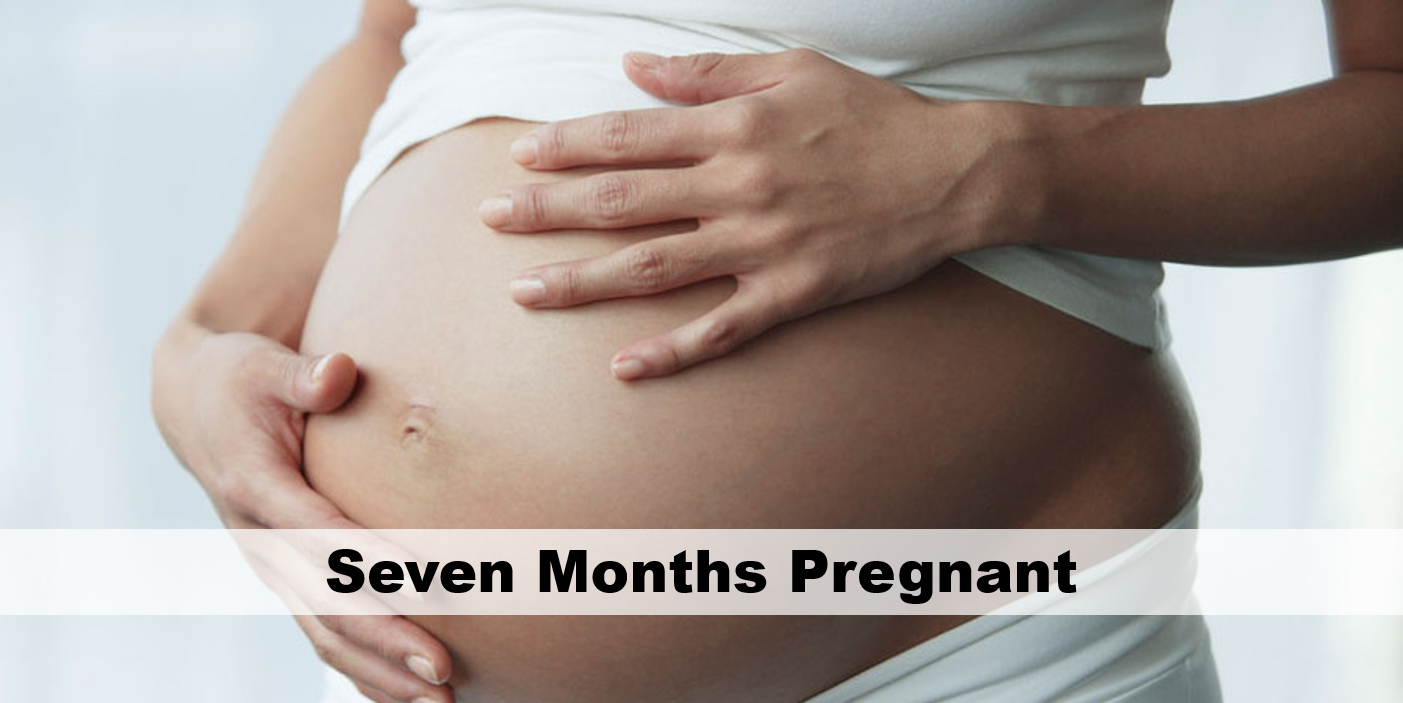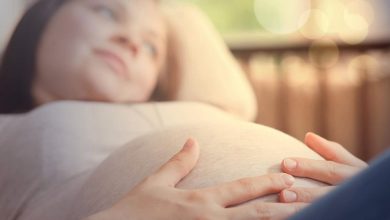Advice guide for getting pregnant

Advice guide for getting pregnant:
1- It is the period in which the probability of getting pregnant is highest in the 3-4 day period, which is closest to the day of ovulation. In a woman who has a regular period every 28 days, the day of ovulation coincides with the 14th day of her period. That is, in the period when ovulation is closest, 10.-14. If you have unprotected sex between the two days of the week, it is very likely that you can get pregnant.
The days of a woman getting pregnant are the 14th day after the menstrual period. However, since the length of the menstrual period varies from woman to woman, there is a process. For example, in a woman who menstruates every 30 days, the day of ovulation shifts to the 16th day. In a woman who menstruates every 26 days, ovulation is expected to shift on the 12th day.
But in any case, couples who want to get pregnant will have more frequent sexual intercourse in that week, which is like 10-17 of the menstruation, compared to other days. How to Calculate the Day of Ovulation?
The day of ovulation is calculated by calculating the time from the first menstrual day of the woman to the beginning of the next menstrual day and subtracting 14 from this period. For example, the ovulation day of a woman who has 27 days until the start of the first menstrual period and the next menstrual day is 27-14 = 13. So on the 13th day there will be ovulation. In that case, sexual intercourse on the 13th day or on the 13th day of the other menstrual period will most likely ensure conception. However, in order to get pregnant and to increase the probability of getting pregnant, if you ask what days to have intercourse, if you have sexual intercourse between the 10th and 14th days, the sexual intercourse you will have on these days will increase the pregnancy.

2nd-
Timing and frequency of sexual intercourse are very important for getting pregnant. Here are the points that those who want to be a mother should pay attention to… Timing and frequency of sexual intercourse are very important for getting pregnant. Here are the points that those who want to be a mother should pay attention to…
Timing is very important for getting pregnant. After intercourse, sperm can remain alive for 2 or 3 days. However, the egg cell remains alive for a maximum of 24 hours. For this reason, it is important to have more than one sexual intercourse during the ovulation period to increase the possibility of getting pregnant. It may be a good idea to have intercourse 1 or 2 days before and on the day of ovulation. It is not very possible to clearly determine when ovulation will occur.
This is somewhat dependent on the menstrual cycle. If you want to get pregnant, keep track of your menstrual cycle for a few months. Some symptoms of the ovulation period are as follows; Tenderness in breasts Mild discomfort in your abdomen Watery and increased vaginal discharge like egg white Slight increase in basal body temperature How long did you try to get pregnant? Hello, we’ve been trying for 6 months, but I can’t have a child. how long have you tried Problems arose in my family. My wife is angry with me. Kayı… -Cansu Uslu Come and join the conversation » How is the ovulation period calculated in women with menstrual irregularities? In 1 year, most women have 12 menstrual periods in general. However, sometimes skipped months may be months when bleeding does not occur.
This may be due to distress, heavy exercise, gaining or losing too much weight. The more irregular the menstrual bleeding pattern is, the more difficult it is to determine the time of ovulation. By tracking your ovulation period, it becomes easier to predict when you are most likely to get pregnant. For example, you had bleeding 28 days in the 1st month, 21 in the 2nd month, 32 in the 3rd month. Write down your menstrual bleeding intervals in this way for a while.
Subtract 17 from the shortest and 11 from the tallest. In the days between the two numbers, it means that you are likely to be pregnant. However, if your periods are irregular and occur at intervals of more than 35 days, you should go to a specialist doctor in order to detect the reasons such as polycystic ovary syndrome, ovarian failure, thyroid disorder, extreme weakness or high prolactin level. Isn’t it enough just to try? You do not need to make such confusing calculations and measure your body temperature every day. Plus, you don’t have to have an orgasm to get pregnant. Having sexual intercourse at least 2 times a week will be enough for you to get pregnant. In general, when the age of the woman progresses, the fertility features decrease to the minimum levels. The reason for this is not only old age, but also the decrease in the amount of ovaries. For this reason, women in their 50s or 60s have a chance to get pregnant with a young woman’s egg. Girls are born with eggs in their ovaries that they will use throughout their lives. Are there any better sexual intercourse positions to get pregnant? There is no specific sexual position that increases the chances of getting pregnant. You may have heard of certain positions that help sperm accumulate in the cervix. But studies supporting them are not available today. The important thing is to have sexual intercourse at the appropriate time. Having sexual intercourse a few days before ovulation and within the day of ovulation will be quite enough to get pregnant. The contractions that occur in the uterus support the progress of the sperm towards the ovary. This is similar to the involuntary occurrence of painless contractions within the same ovulation period, even without sexual intercourse. Is it necessary to lie down after intercourse? Lying in the supine position after intercourse has no proven proof for pregnancy.
But it is not an event that is difficult to implement. After the intercourse is completed, staying in a lying position for 15 minutes will allow more semen to stay in the vagina. Since there are millions of sperm in the semen at each ejaculation, even when you stand up immediately after ejaculation, a large number of sperm will already be present in your vagina. When should you go to the doctor? If you have been trying to get pregnant by having regular and unprotected intercourse for 1 year or more, but you are not successful or your menstrual bleeding is irregular, it would be beneficial for you to see a doctor. Every woman’s chance of getting pregnant differs from other women. There are many factors that determine the occurrence of pregnancy, such as the age of the woman, her general health, the functioning of the reproductive organs, and when to have sexual intercourse. Couples who are in the reproductive period have a 25% chance of being pregnant in each cycle. The rate of getting pregnant in the first year is around 75-85%. This means that there are still couples who cannot get pregnant even though there is no problem in their health status.
3-
What can be done to get pregnant easily? It is, of course, unpredictable whether one can conceive or not. Of course, it is clear from the examinations that there will be no natural pregnancy in couples who do not have a uterus, ovaries or testicles. However, even if there is no anatomical problem, an unexplained infertility problem is detected in 15% of couples at the end of an unprotected year. 1- Release protection Depending on the method used, it may take up to 0-3 months for reproductive ability to return. For example, pregnancy may not occur for 3-4 months in those who use long-acting contraceptive injections. If the spiral is removed and the birth control pill is discontinued, pregnancy may occur the next month. 2- A regular sexual life There should be sexual intercourse at least 2-3 times a week. 70% of such couples achieve pregnancy within 6 months. The average chance of conceiving for a couple who has no fertility problems and is not protected is around 25% in each menstrual period. 3- Do not use lubricants and similar creams. Saliva or other creams etc. as lubricant. The use of substances such as can harm the sperm and make pregnancy difficult. 4- Lying on the back for a while after sexual intercourse may increase the possibility of pregnancy. In the intercourse established in a standing or sitting position with the effect of gravity, or when standing up immediately after intercourse, it becomes difficult for the sperm to pass through the opening in the cervix. Lying on her back for a while after intercourse may increase the possibility of pregnancy. 5- Stay away from high heat During pregnancy and before, couples should avoid being exposed to high heat. Sauna and bathing with very hot water should be avoided.
In addition, the electromagnetic field emitted from computer and television screens is thought to be harmful to pregnant women. To avoid this harmful effect, keep a distance of at least 80 cm from the computer screen. It is recommended to sit far away. In particular, it is necessary to sit away from the rear areas of the monitors. The most suitable period for conception is 12-15 from the beginning of bleeding in a woman who menstruates every 28 days. for days. Because during these periods, a healthy woman will ovulate. 15% of couples do not get pregnant after 1 year. These couples should consult a physician in order to investigate infertility.
Can I tell if I’m ovulating? Complaints such as tenderness in the breasts, pain and discomfort in the abdomen and groin, increased vaginal discharge and wetness in the vagina are the signs of ovulation. In addition, with the ovulation detection test and body temperature monitoring, it can be understood more clearly whether there is ovulation or not. Am I pregnant? From the first moment you got pregnant, your body actually started to undergo significant changes. But most of the time, it is not possible to understand this difference from the first day. Although some women have almost no symptoms, more or less some symptoms are seen in your body, which is mostly trying to raise the baby. In general, the idea that women who feel dizzy or nauseous may be pregnant is common. This is the body’s response to the pregnancy hormone.
The first difference is the change in menstrual order. If your menstrual bleeding is not coming on the date you expected, it could be considered pregnancy. The only way to find out is the pregnancy Beta HCG (ß-hCG) blood test, which is mentioned below. If you are pregnant; 1- You may experience nausea, fullness in your breasts, tenderness, tingling sensation in the nipple, and you may see darkening of the nipple. 2- Differences such as fullness, swelling and sometimes tenderness may occur in the lower part of your abdomen. 3- You may feel tired and want to sleep more. In addition, dizziness may occur. 4- You may feel the need to urinate frequently. 5- You may feel an increase in your vaginal secretions. These changes you feel in your body are a harbinger of a possible pregnancy. But of course “am I pregnant?” It is not a definitive answer to the question.





